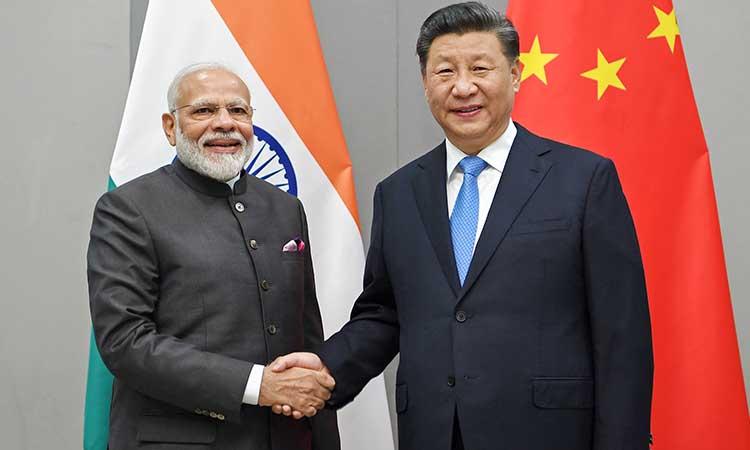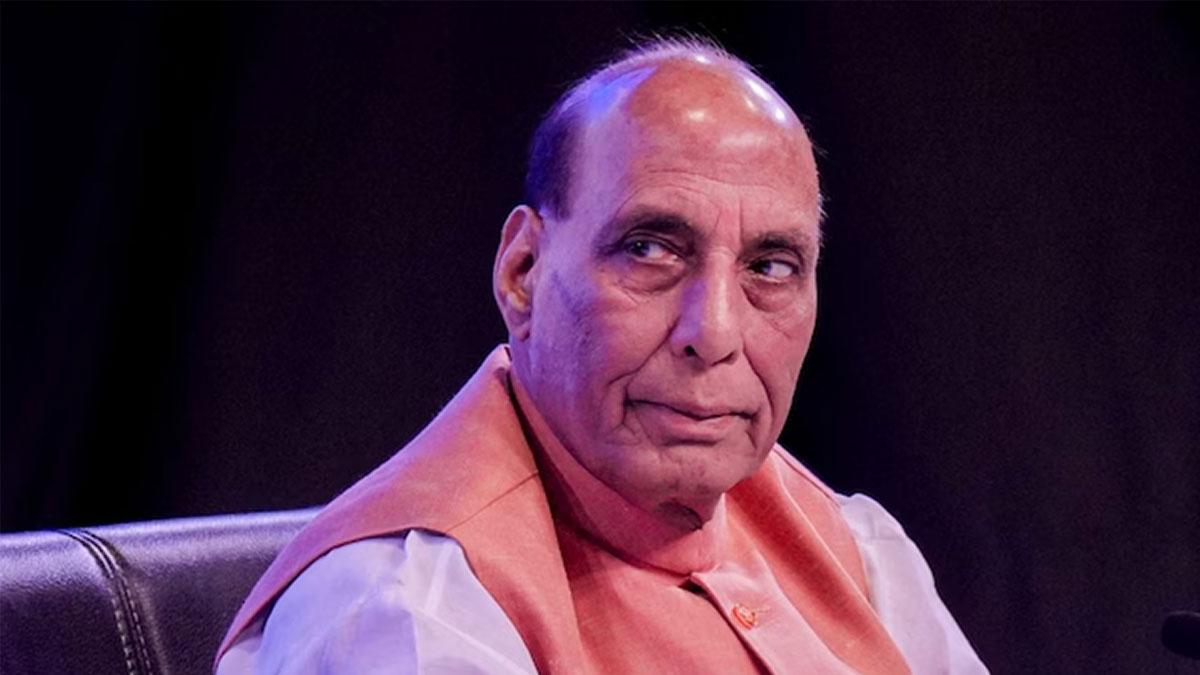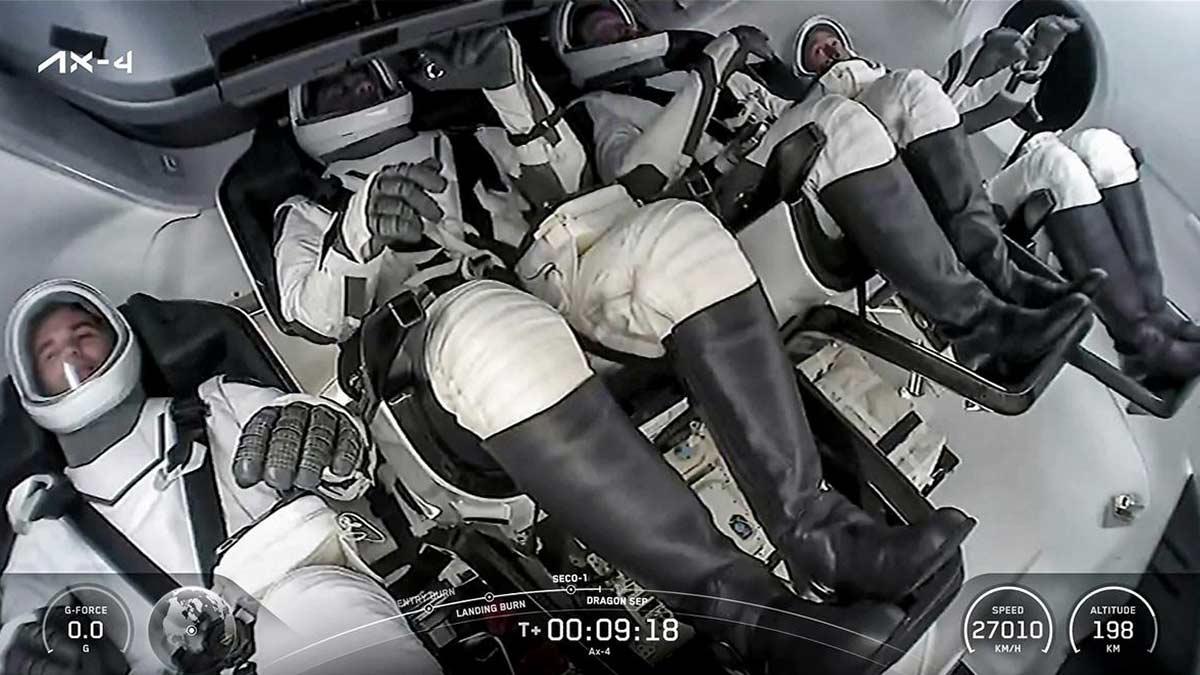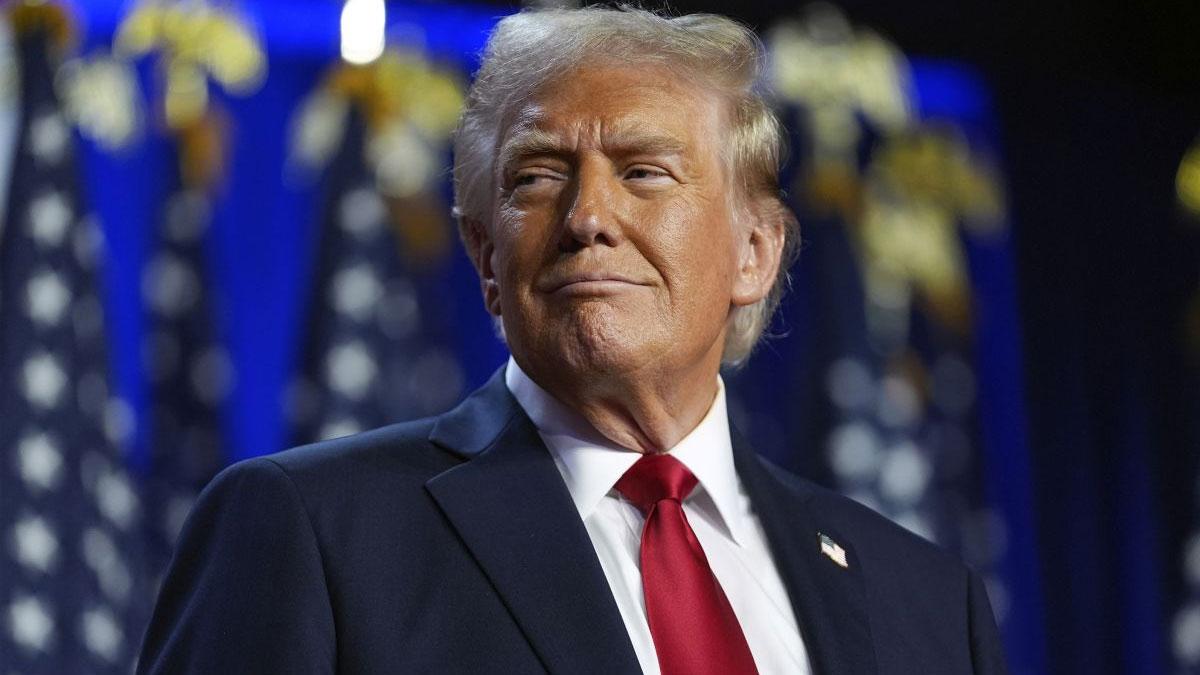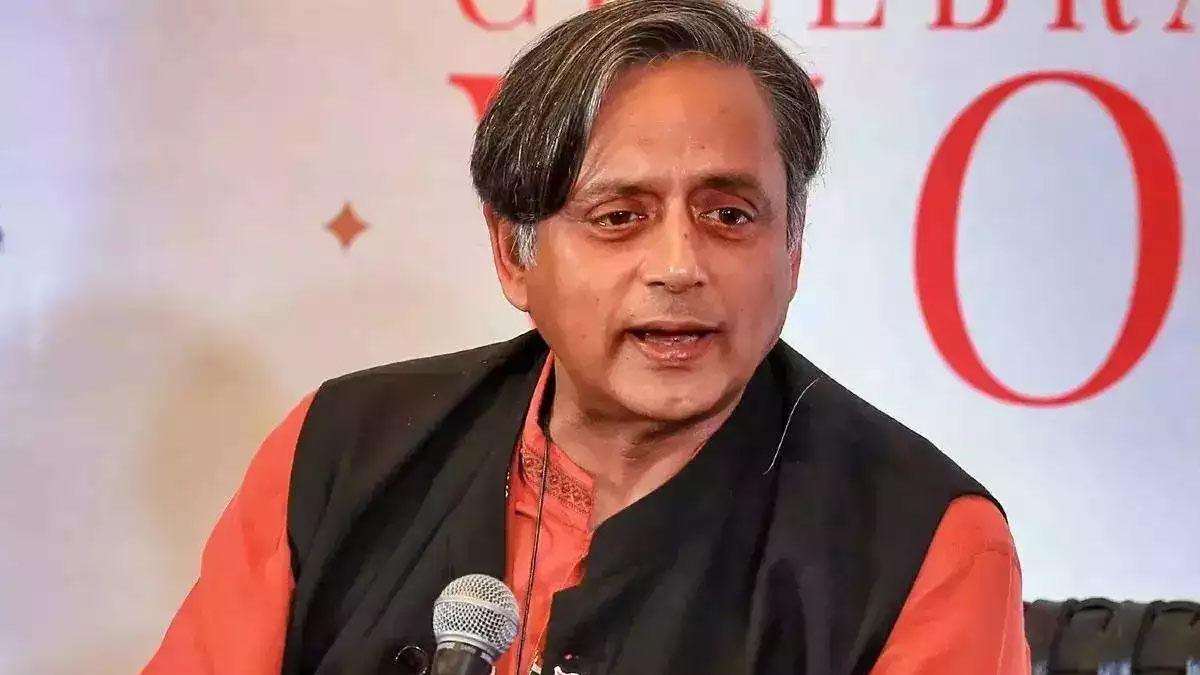Chinese President Xi Jinping will skip the two-day G20 Summit in New Delhi slated to kick off on Saturday. In his place, the Chinese delegation will be led by Premier Li Qiang, who heads the country’s cabinet and is second in government hierarchy in Beijing.
Many China-watchers were surprised when it became clear that the top leader of the world’s second-largest economy will not attend the annual gathering on global economic governance.
China’s Foreign Ministry announced Li’s visit earlier this week.
Through remarks to media, China has said it wants the G20 Summit to succeed and called for deeper economic cooperation among the grouping’s 19 countries plus the European Union, and Indian officials have said Xi’s absence would not be the first time a head of state or government would miss such an event.
But China’s decision is telling -- Xi has attended all previous G20 Summits (including appearing on video post-pandemic) since taking over the Communist Party leadership in 2012.
Some foreign policy analysts interpret this as a snub to both host country India and the Western world but do not view the development as undermining the overall summit.
In addition, there is little expectation among analysts that the so-called leaders’ declaration, to the liking of all members, will be produced at the end of the September 9-10 meetings – an assessment since last year’s G20 Summit in Indonesia that any version this year will likely contain “notes of objection” from Russia and China due to different positions in the global grouping on Moscow full scale invasion of Ukraine.
Russian President Vladimir Putin and his Mexican counterpart Andres Manuel Lopez Obrador will also not be present, as they have indicated to the Indian government.
Leaders of the other 15 countries and the EU are scheduled to arrive in India.
Russia will be represented by Foreign Minister Sergey Lavrov and Mexico by Economy Minister Raquel Buenrostro Sanchez.
Conveys message
Ashok Kantha, a former Indian ambassador to China, said, Xi’s absence conveys a message.
“In the context of G20, it is the downgrading of China’s representation, from president to premier.”
Going by Chinese diplomatic norms, the President usually attends the main G20, BRICS and Asia-Pacific Economic Cooperation (APEC) meetings while the premier attends the Association of Southeast Asian Nations (ASEAN) and the East Asia Summits (EAS), and both attend the main Shanghai Cooperation Organisation (SCO) meeting, hence this break from protocol is unusual.
Li is expected to travel to New Delhi from Jakarta after participating in ASEAN meetings and the East Asia summit.
Kantha, who was posted in Beijing during Xi’s first term as party general secretary (president of the country), said: “This is also a signal to India, given the high level of importance China attaches to G20.”
The decision reflects the downward slide in India-China relations, with continued border tensions among the most prominent of issues.
That Xi’s interaction with Prime Minister Narendra Modi on the sidelines of the BRICS summit in Johannesburg in August “didn’t go well”, is showing to an extent now, Kantha said.
Both governments had issued statements soon after when the differences were apparent.
Kantha said tangible outcomes in different fields are expected from this year’s G20 and Xi’s absence, while notable, does not undermine the summit.
Some analysts perceive a growing discomfort for China in the global grouping that was founded in 1999, following an Asian financial crisis, owing to differences with the West over the Ukraine war.
“Under the present circumstances, China has a lower comfort level (than earlier) at G20 if you look at the statements on Ukraine,” Kantha said.
Srikanth Kondapalli, a professor of Chinese studies at Jawaharlal Nehru University in New Delhi, said a major reason for Xi’s absence could be China’s approach to the summit -- through foreign policy.
“It would be a worst-case scenario for Chinese foreign policy if a situation arose where it’s China versus the rest 18,” Kondapalli said, adding that many countries of the grouping might look to China’s leader for answers on the Ukraine conflict because of well-established Sino-Russian ties. “China wouldn’t like to see itself isolated at the meeting.”
India has taken a position (abstention) similar to China’s at the UN during votes related to the war, with regard to Russia.
China has blamed the North Atlantic Treaty Organization (NATO) for what it sees as forcing Putin’s hand in the conflict.
The news of Xi’s absence is also frustrating some EU leaders who had sought appointments to meet with him on the sidelines of the summit, according to the South China Morning Post.
Unprecedented move
Analysts suggest Xi’s nonattendance at this year’s G20, which is unprecedented going by his past appearances, does not help China either, especially at a time of its geopolitical ascension.
“You are a rising superpower that wants to help shape global rules, you should show up,” Ian Chong, associate professor of politics at the National University of Singapore, said.
“Xi not being there takes away some of the weight from the Chinese delegation.
“The other economies will not hear the PRC chief himself speak,” Chong said, referring to China by its full formal name.
On the other hand, it doesn’t undermine the event, Chong said.
China’s intensifying rivalry with the US over a host of issues and strained relations with India could still put pressure on the summit’s atmosphere.
India is pushing for the African Union to be included in G20. China, which has its own engagement with Africa, is unlikely to come in the way of that. But the Asian neighbours appear to be vying for a championing role in the developing world.
“I can see why India might use the G20 to claim some leadership in the Global South,” Chong said, adding that Xi not being at the summit would help India in that context.
Xi was given South Africa’s top honour during his recent visit to the country for BRICS.
Chong, who specialises in Chinese politics, said the reason (or reasons) why Xi is skipping this year’s G20 summit is unclear because of the opacity of China’s political system, which is leading to speculation, but, more importantly, affecting the global public perception of the country.
Although missing a G20 summit is a first for Xi, Kondapalli, the veteran China analyst, cited the example of former Chinese President Hu Jintao, who in 2009 cut short his visit to Italy for the erstwhile G8 summit following ethnic clashes in Northwest China.
“Xi is not going to G20 because he doesn’t want the summit to be hijacked by bilateral issues,” Einar Tangen, a commentator on political and economic affairs in Beijing, said. “India has politicised the issue by holding some meetings in Kashmir.”
A G20 tourism event was held in Kashmir in May, which the Chinese government then boycotted.
“As G20 is about economies, Xi is sending his top economy person to the summit,” Tangen said of Li, who heads the State Council, which is responsible for economic planning in China.
Other senior officials in the Chinese G20 delegation are State Councilor Wu Zhenglong, Commerce Minister Wang Wentao, Vice-Foreign Minister Ma Zhaoxu, Pan Gongsheng, governor of the People’s Bank of China, and Foreign Ministry spokesman Wang Wenbin, according to non-Chinese diplomatic sources.
Tangen, who is often quoted in Chinese state media, said economic issues are at odds with political issues at G20.
Despite the hectic behind-the-scenes negotiations that diplomats from G20 member countries and economies are conducting, an all-pleasing joint statement will likely elude this year’s summit. Chinese President Xi Jinping will skip the two-day G20 Summit in New Delhi slated to kick off on Saturday. In his place, the Chinese delegation will be led by Premier Li Qiang, who heads the country’s cabinet and is second in government hierarchy in Beijing.
Many China-watchers were surprised when it became clear that the top leader of the world’s second-largest economy will not attend the annual gathering on global economic governance.
China’s Foreign Ministry announced Li’s visit earlier this week.
Through remarks to media, China has said it wants the G20 Summit to succeed and called for deeper economic cooperation among the grouping’s 19 countries plus the European Union, and Indian officials have said Xi’s absence would not be the first time a head of state or government would miss such an event.
But China’s decision is telling -- Xi has attended all previous G20 Summits (including appearing on video post-pandemic) since taking over the Communist Party leadership in 2012.
Some foreign policy analysts interpret this as a snub to both host country India and the Western world but do not view the development as undermining the overall summit.
In addition, there is little expectation among analysts that the so-called leaders’ declaration, to the liking of all members, will be produced at the end of the September 9-10 meetings – an assessment since last year’s G20 Summit in Indonesia that any version this year will likely contain “notes of objection” from Russia and China due to different positions in the global grouping on Moscow full scale invasion of Ukraine.
Russian President Vladimir Putin and his Mexican counterpart Andres Manuel Lopez Obrador will also not be present, as they have indicated to the Indian government.
Leaders of the other 15 countries and the EU are scheduled to arrive in India.
Russia will be represented by Foreign Minister Sergey Lavrov and Mexico by Economy Minister Raquel Buenrostro Sanchez.
Conveys message
Ashok Kantha, a former Indian ambassador to China, said, Xi’s absence conveys a message.
“In the context of G20, it is the downgrading of China’s representation, from president to premier.”
Going by Chinese diplomatic norms, the President usually attends the main G20, BRICS and Asia-Pacific Economic Cooperation (APEC) meetings while the premier attends the Association of Southeast Asian Nations (ASEAN) and the East Asia Summits (EAS), and both attend the main Shanghai Cooperation Organisation (SCO) meeting, hence this break from protocol is unusual.
Li is expected to travel to New Delhi from Jakarta after participating in ASEAN meetings and the East Asia summit.
Kantha, who was posted in Beijing during Xi’s first term as party general secretary (president of the country), said: “This is also a signal to India, given the high level of importance China attaches to G20.”
The decision reflects the downward slide in India-China relations, with continued border tensions among the most prominent of issues.
That Xi’s interaction with Prime Minister Narendra Modi on the sidelines of the BRICS summit in Johannesburg in August “didn’t go well”, is showing to an extent now, Kantha said.
Both governments had issued statements soon after when the differences were apparent.
Kantha said tangible outcomes in different fields are expected from this year’s G20 and Xi’s absence, while notable, does not undermine the summit.
Some analysts perceive a growing discomfort for China in the global grouping that was founded in 1999, following an Asian financial crisis, owing to differences with the West over the Ukraine war.
“Under the present circumstances, China has a lower comfort level (than earlier) at G20 if you look at the statements on Ukraine,” Kantha said.
Srikanth Kondapalli, a professor of Chinese studies at Jawaharlal Nehru University in New Delhi, said a major reason for Xi’s absence could be China’s approach to the summit -- through foreign policy.
“It would be a worst-case scenario for Chinese foreign policy if a situation arose where it’s China versus the rest 18,” Kondapalli said, adding that many countries of the grouping might look to China’s leader for answers on the Ukraine conflict because of well-established Sino-Russian ties. “China wouldn’t like to see itself isolated at the meeting.”
India has taken a position (abstention) similar to China’s at the UN during votes related to the war, with regard to Russia.
China has blamed the North Atlantic Treaty Organization (NATO) for what it sees as forcing Putin’s hand in the conflict.
The news of Xi’s absence is also frustrating some EU leaders who had sought appointments to meet with him on the sidelines of the summit, according to the South China Morning Post.
Unprecedented move
Analysts suggest Xi’s nonattendance at this year’s G20, which is unprecedented going by his past appearances, does not help China either, especially at a time of its geopolitical ascension.
“You are a rising superpower that wants to help shape global rules, you should show up,” Ian Chong, associate professor of politics at the National University of Singapore, said.
“Xi not being there takes away some of the weight from the Chinese delegation.
“The other economies will not hear the PRC chief himself speak,” Chong said, referring to China by its full formal name.
On the other hand, it doesn’t undermine the event, Chong said.
China’s intensifying rivalry with the US over a host of issues and strained relations with India could still put pressure on the summit’s atmosphere.
India is pushing for the African Union to be included in G20. China, which has its own engagement with Africa, is unlikely to come in the way of that. But the Asian neighbours appear to be vying for a championing role in the developing world.
“I can see why India might use the G20 to claim some leadership in the Global South,” Chong said, adding that Xi not being at the summit would help India in that context.
Xi was given South Africa’s top honour during his recent visit to the country for BRICS.
Chong, who specialises in Chinese politics, said the reason (or reasons) why Xi is skipping this year’s G20 summit is unclear because of the opacity of China’s political system, which is leading to speculation, but, more importantly, affecting the global public perception of the country.
Although missing a G20 summit is a first for Xi, Kondapalli, the veteran China analyst, cited the example of former Chinese President Hu Jintao, who in 2009 cut short his visit to Italy for the erstwhile G8 summit following ethnic clashes in Northwest China.
“Xi is not going to G20 because he doesn’t want the summit to be hijacked by bilateral issues,” Einar Tangen, a commentator on political and economic affairs in Beijing, said. “India has politicised the issue by holding some meetings in Kashmir.”
A G20 tourism event was held in Kashmir in May, which the Chinese government then boycotted.
“As G20 is about economies, Xi is sending his top economy person to the summit,” Tangen said of Li, who heads the State Council, which is responsible for economic planning in China.
Other senior officials in the Chinese G20 delegation are State Councilor Wu Zhenglong, Commerce Minister Wang Wentao, Vice-Foreign Minister Ma Zhaoxu, Pan Gongsheng, governor of the People’s Bank of China, and Foreign Ministry spokesman Wang Wenbin, according to non-Chinese diplomatic sources.
Tangen, who is often quoted in Chinese state media, said economic issues are at odds with political issues at G20.
Despite the hectic behind-the-scenes negotiations that diplomats from G20 member countries and economies are conducting, an all-pleasing joint statement will likely elude this year’s summit.
Also read | Xi Jinping snubbing US and India by skipping G20 summit: US media
Also read | Chinese President Xi Jinping will not attend G20 summit, Premier Li Qiang to represent

